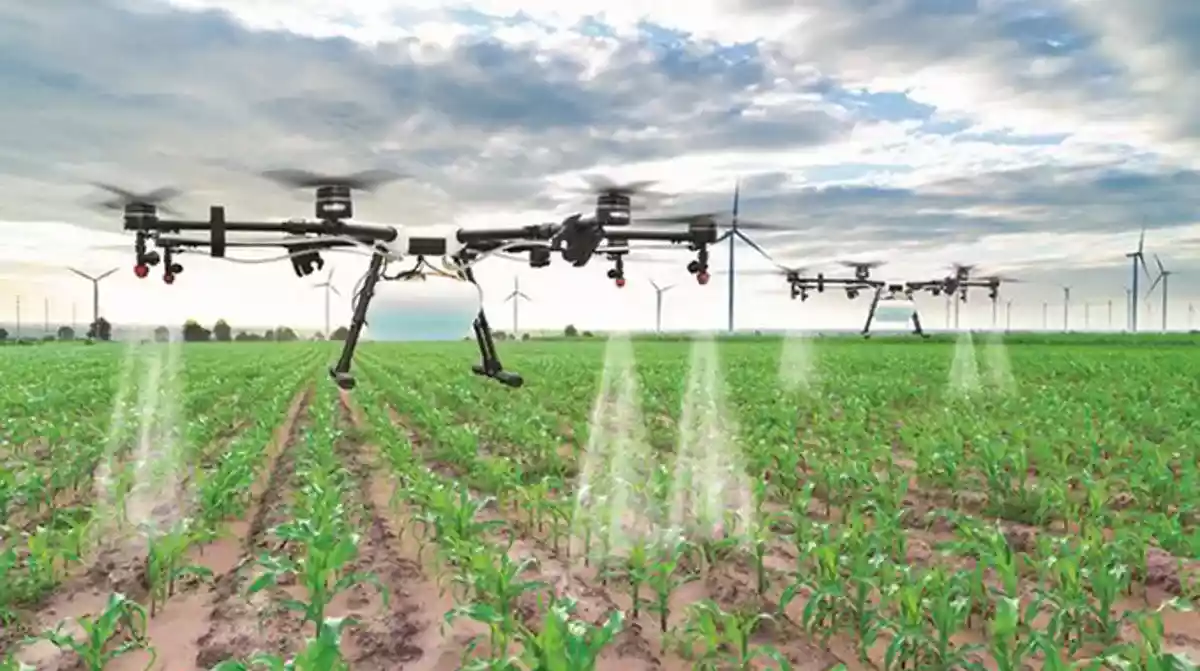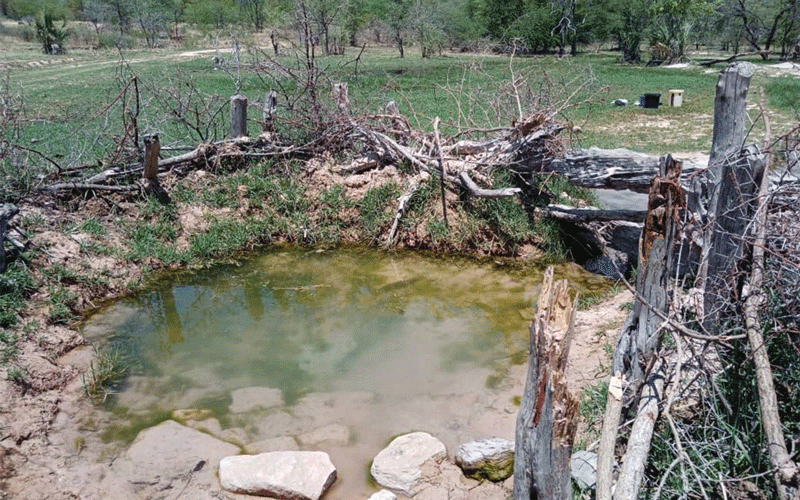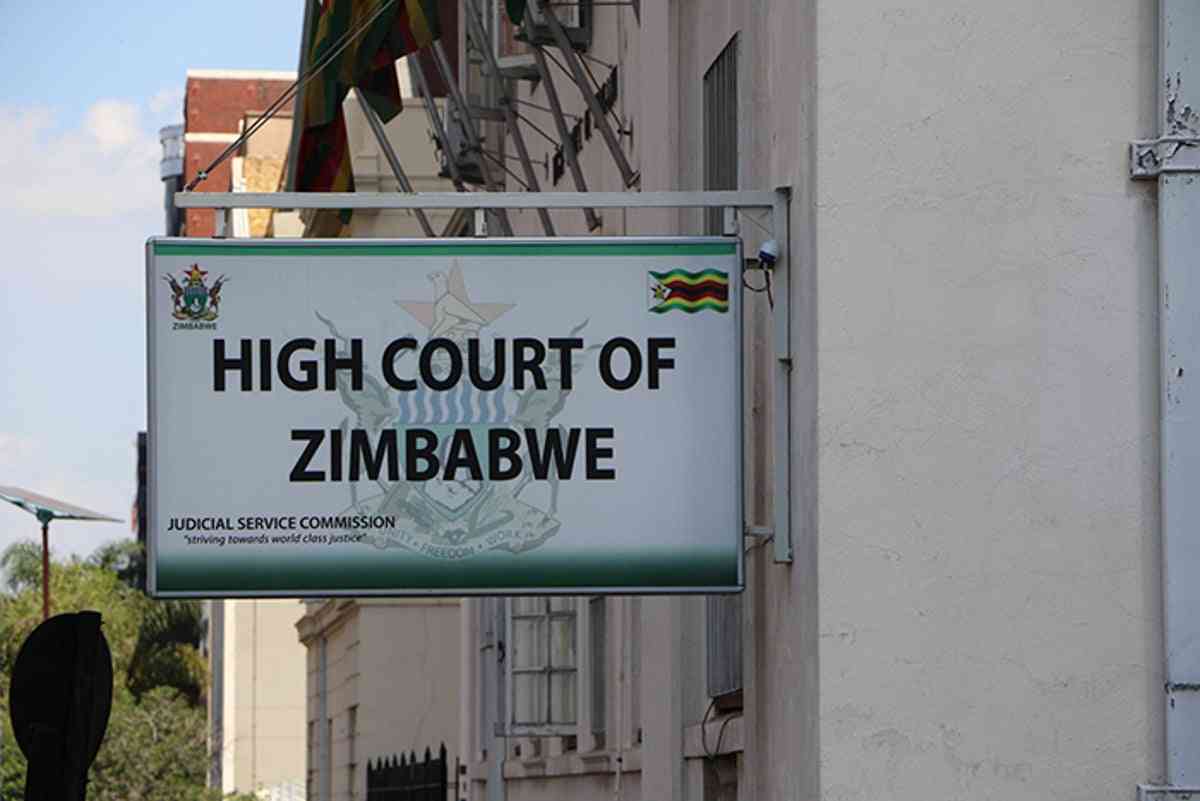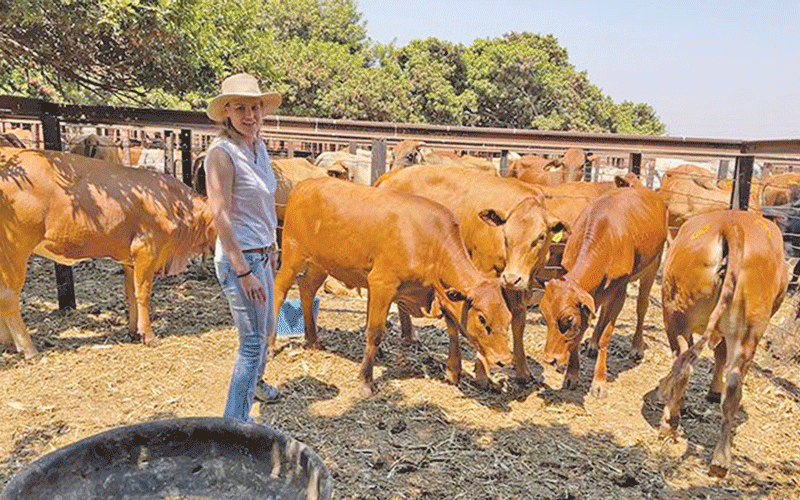
FOOD security initiative, the Famine Early Warning Systems Network (FewsNet) has warned of a gloomy 2024/25 agricultural season as farmers and livestock struggle to cope with the El Niño-induced drought.
The revelation comes as poor 2023/24 harvests driven mainly by a historic dry spell, have led to food insecurity outcomes which are prevalent across all typical deficit-producing areas across the country.
In its extensive analysis, FewsNet said the range of negative outcomes and challenges for both farmers and livestock were expected to increase.
“Farmers in most areas are expected to face higher than usual challenges in preparing for the 2024/25 agricultural season,” FewsNet said.
“Below-normal availability and access to draught power are anticipated due to poor animal body conditions, especially in the typical low-rainfall areas; this also spells an expected loss of seasonal income for households that provide draught power services to others.”
The report added that most farmers were expected to face challenges in accessing crop inputs on the market due to low income and high prices as own-produced retained seeds would not be available due to this year’s poor harvests.
The food security watchdog also said Increasing seasonal temperatures were worsening the water situation across most typically low rainfall areas, such as Matabeleland North and South, Masvingo, Midlands and parts of Manicaland provinces.
“In these areas, with few households able to produce or afford to buy supplementary livestock feeds, well below average pasture conditions are forcing continued distressed sales of livestock, especially cattle, at significantly lower than normal prices less than half the typical prices in the worst-affected areas.
- Hunger stalks region
- Food crisis looms in Sadc
- Majority facing critical food shortages: Fewsnet
- US dollar maize prices decline: FewsNet
Keep Reading
“In a few communities, some households are moving their cattle to better grazing areas, which are significantly fewer and more distant than normal this year.”
FewsNet, however, hyped the government’s efforts to ensure the mitigation of acute food challenges.
President Emmerson Mnangagwa has since declared the drought a national disaster and extended a US$3 billion begging bowl for humanitarian assistance.
By November 2023, about 3,7 million Zimbabweans had registered for government’s social food assistance programme, with reports indicating that more than half of the country’s population will be in food crisis in the second half of the year.










